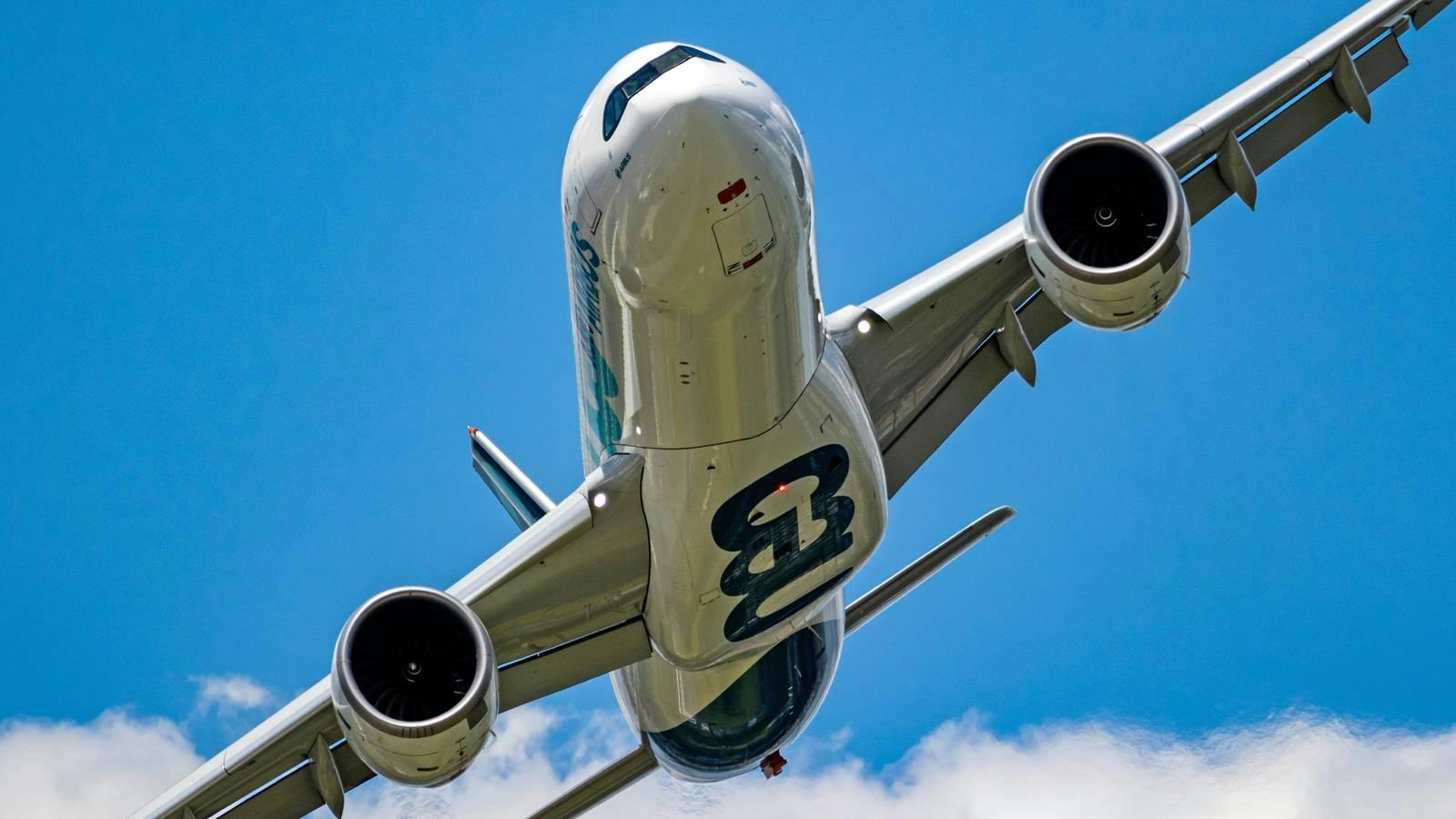
AeroGenie – Ihr intelligenter Copilot.
Trends
Categories
Air Taxi Certification Practices Draw Industry Criticism
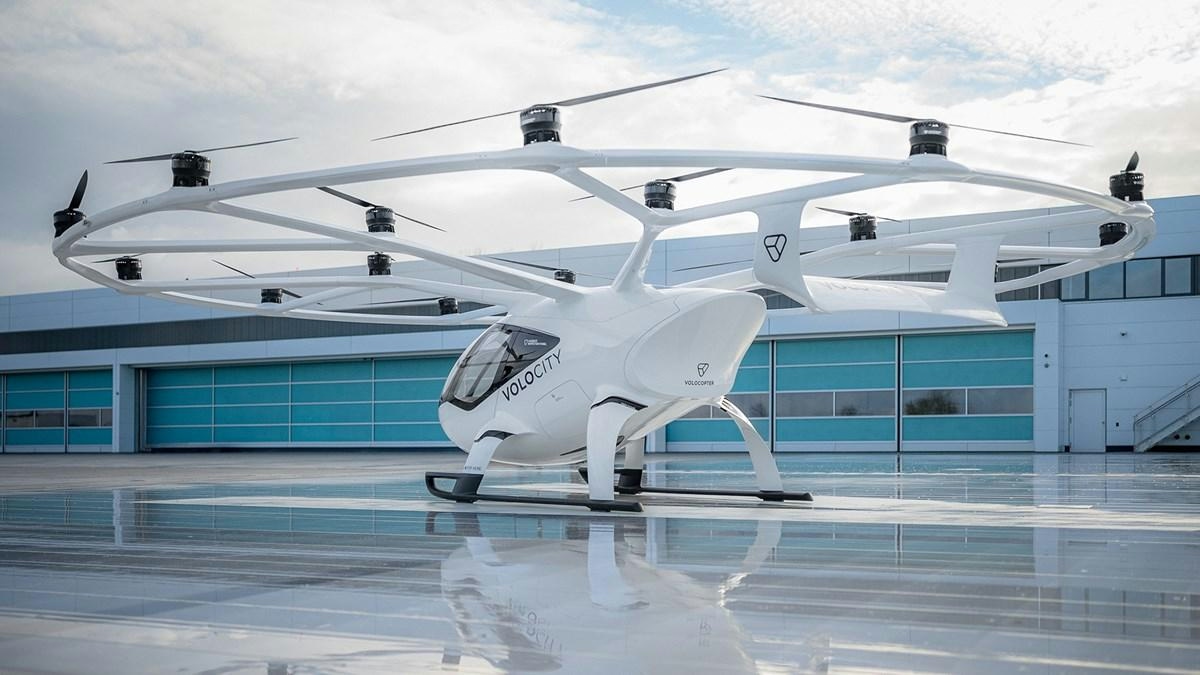
Air Taxi Certification Practices Draw Industry Criticism Amid Middle East Expansion
Electric aircraft developers’ plans to initiate air taxi operations in the Middle East prior to securing certification from established authorities in the United States and Europe have sparked significant concern among advanced air mobility executives. Industry leaders warn that bypassing rigorous regulatory processes could pose safety risks and undermine the credibility of the emerging sector.
Concerns Over “Certification Tourism” and Regulatory Competence
At a recent aviation event hosted by Honeywell in Washington, DC, Domhnal Slattery, board chair of UK-based Vertical Aerospace, criticized what he termed “certification tourism.” Slattery expressed apprehension about US companies seeking regulatory approval in jurisdictions such as Abu Dhabi and Dubai before obtaining certification from the Federal Aviation Administration (FAA) or the European Union Aviation Safety Agency (EASA). He acknowledged the ambition of these regions to lead urban air mobility but cautioned that they currently lack the necessary expertise and resources to certify aircraft safely. “Stuff can go wrong,” Slattery remarked on 19 November, underscoring the potential risks of circumventing established certification frameworks.
Vertical Aerospace is pursuing certification for its VX4 electric vertical take-off and landing (eVTOL) aircraft through the UK’s Civil Aviation Authority and EASA, adhering to traditional regulatory pathways. In contrast, US air taxi developers Archer Aviation and Joby Aviation have shifted their focus toward the Middle East, seeking approvals in the United Arab Emirates amid delays in securing FAA certification.
Middle East as a Launchpad for Air Taxi Operations
Joby Aviation has outlined a strategy to obtain approval for its S4 eVTOL air taxi in the UAE by targeting a limited scope of operational capabilities, diverging from the comprehensive FAA type certification process. According to securities filings, Joby aims to commence flights in Dubai that could precede full FAA certification. The company recently showcased its aircraft at the Dubai Airshow, signaling its commitment to the region.
Similarly, Archer Aviation is pursuing a “UAE regulatory pathway,” with Abu Dhabi identified as its initial launch city. Regulatory documents reveal Archer’s intention to begin early commercial operations with its Midnight aircraft in Abu Dhabi, with plans to expand subsequently. Both companies have also announced intentions to conduct demonstration “sandbox” flights in Saudi Arabia, further emphasizing their regional ambitions.
Archer has designated several “Launch Edition” markets—including Abu Dhabi, Ethiopia, and Indonesia—to receive pre-certification aircraft. The company describes this approach as a means to “establish a pragmatic and repeatable commercialisation playbook” for deploying the Midnight model in early adopter markets ahead of US type certification.
Industry Warnings and the Balance Between Innovation and Safety
Despite assurances from Archer and Joby regarding the safety and structure of their Middle East operations, industry leaders remain cautious. Slattery warned that any incident could have severe repercussions for the entire advanced air mobility sector. “If something goes wrong, that is going to be a black-swan day for all of these new technologies. We will all get walked downward in the tsunami,” he cautioned.
Marc Allen, chief executive of US hybrid-electric aircraft developer Electra, echoed these concerns, emphasizing the necessity of robust certification standards to maintain safety and public trust. He warned against accelerating novel technologies through regulatory processes without sufficient scrutiny.
Neither Archer nor Joby responded to requests for comment. As competition intensifies to commercialize air taxis, the debate over certification practices highlights the ongoing tension between fostering innovation and upholding regulatory rigor within the rapidly evolving advanced air mobility industry.
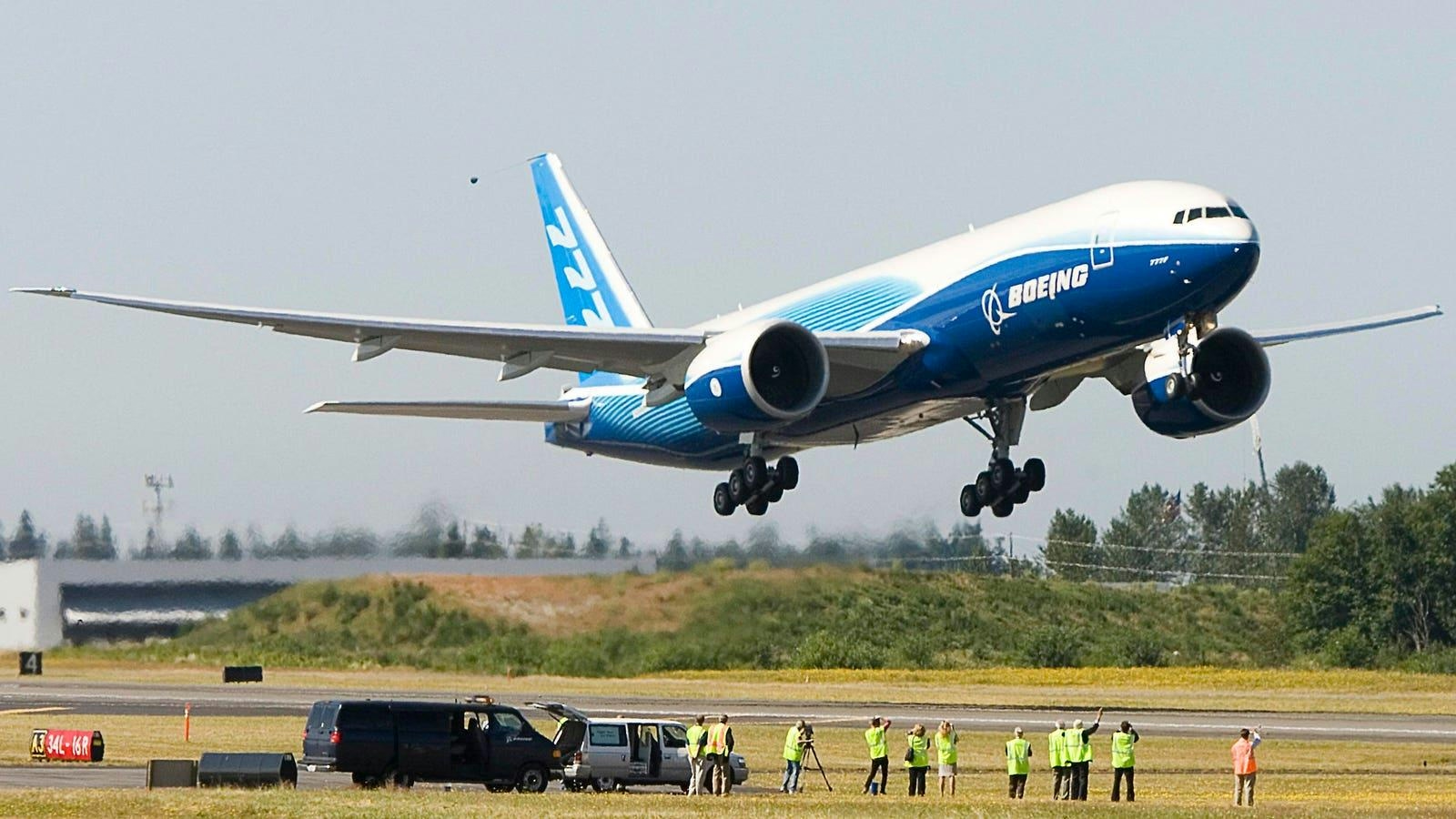
New Aircraft to Succeed the Boeing 777-200LR
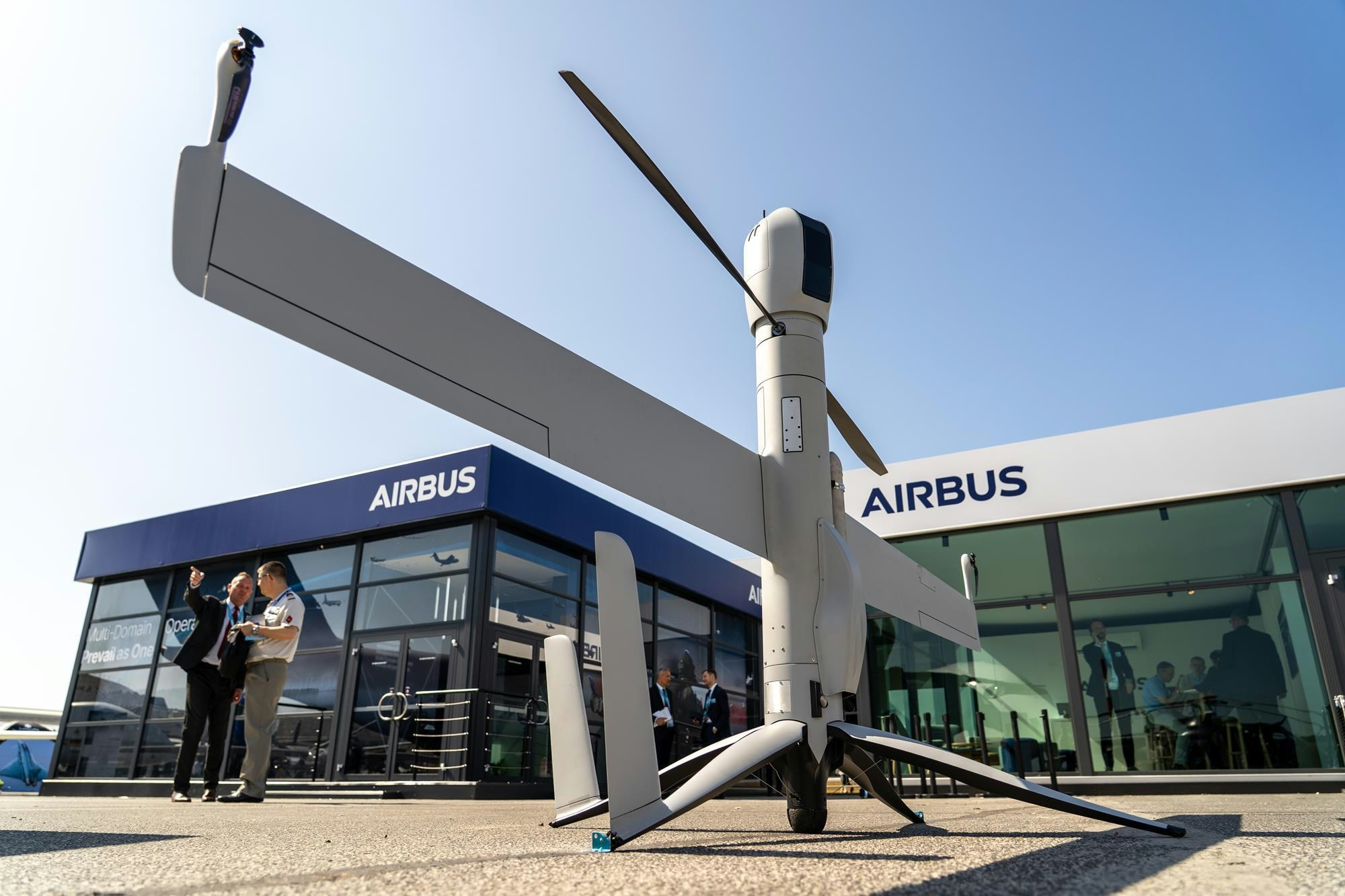
Uzbekistan Becomes First in Central Asia to Order Airbus Flexrotor Drones
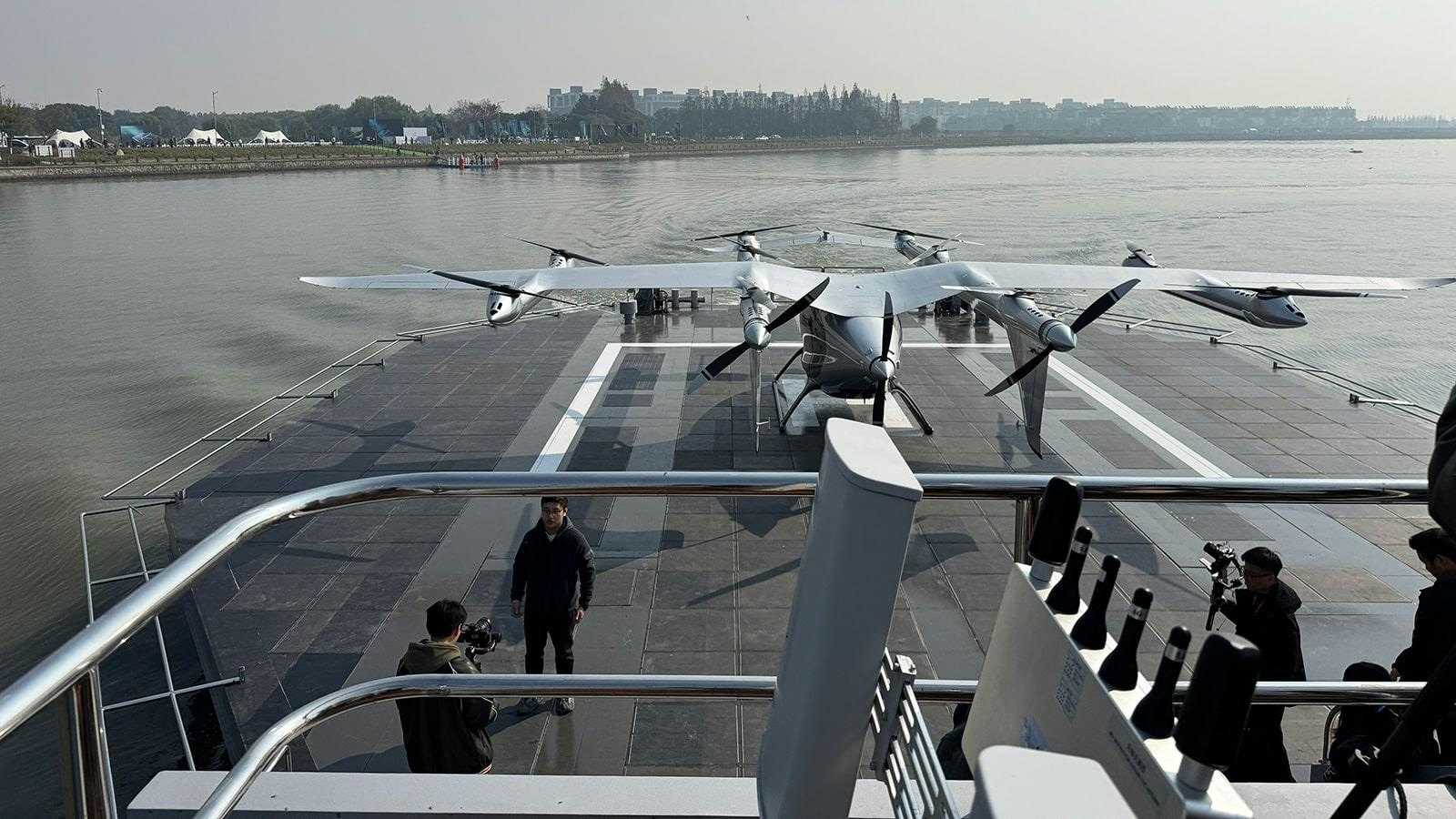
AutoFlight Unveils Zero-Carbon eVTOL Water Vertiport

SmallRig Partners with Photographer Chen Cheng to Advance Aerial Imaging
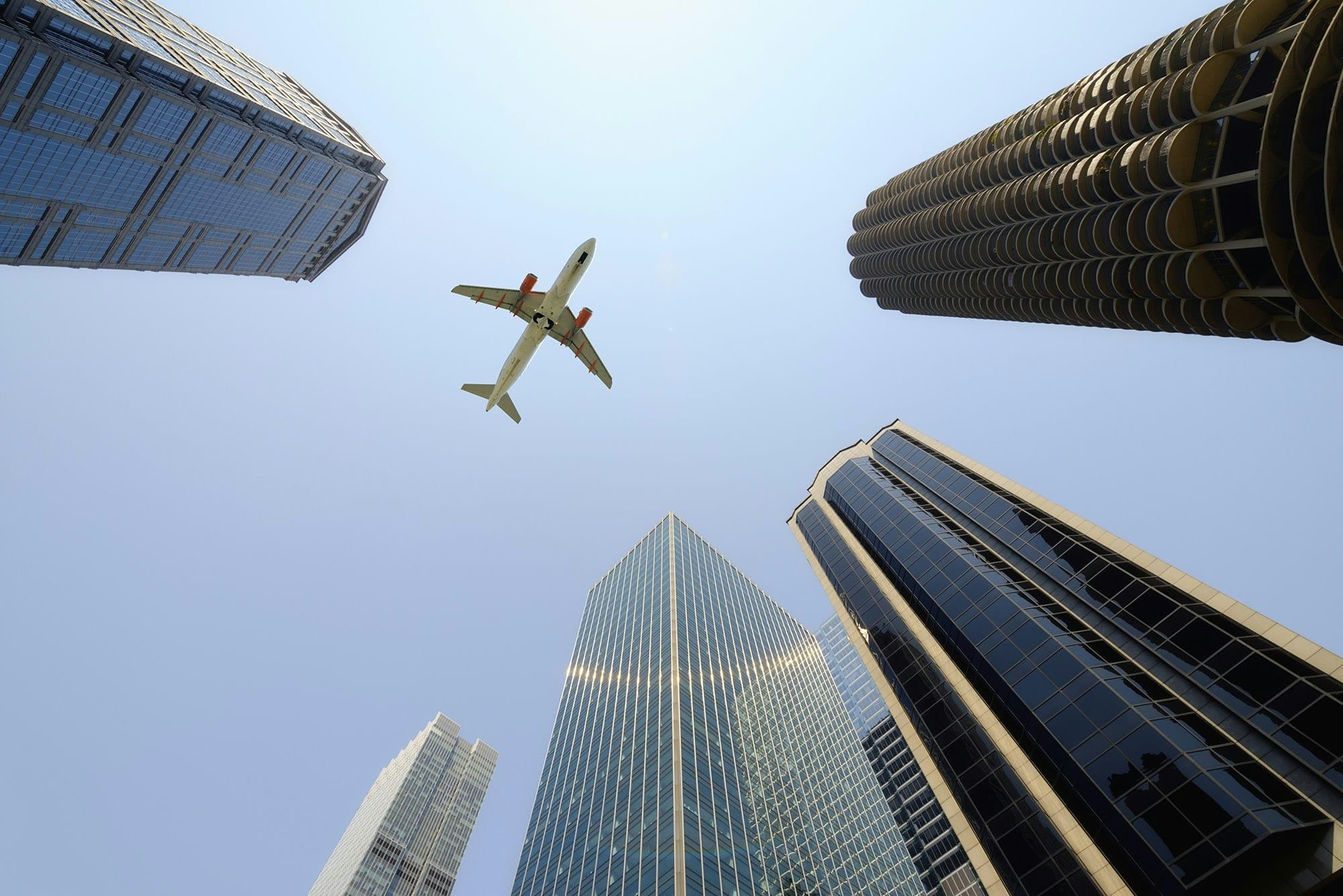
Aviation Lease Rates Hit Record High
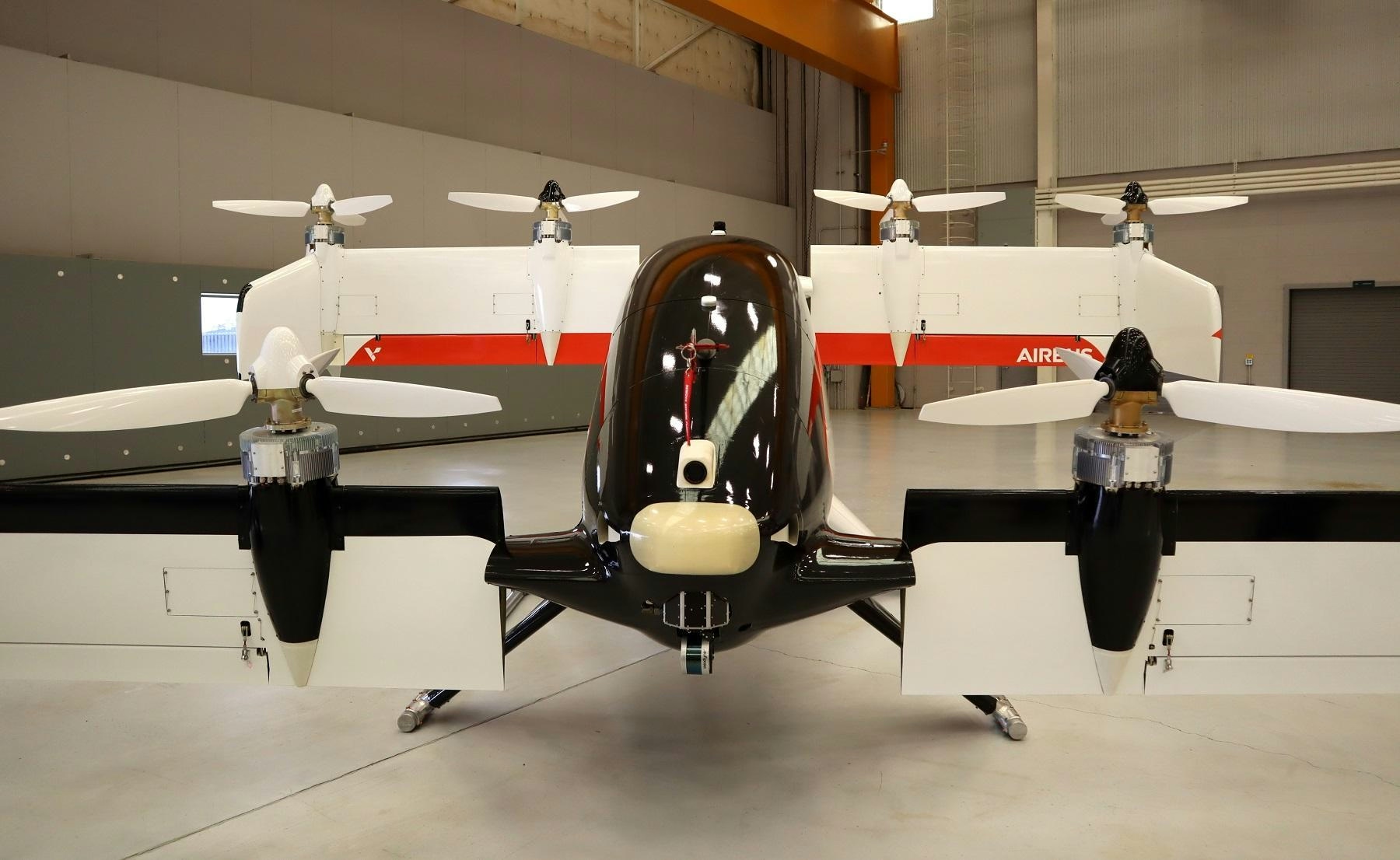
Inside a Four-Seater Flying Taxi Designed for Future Pilotless Flights
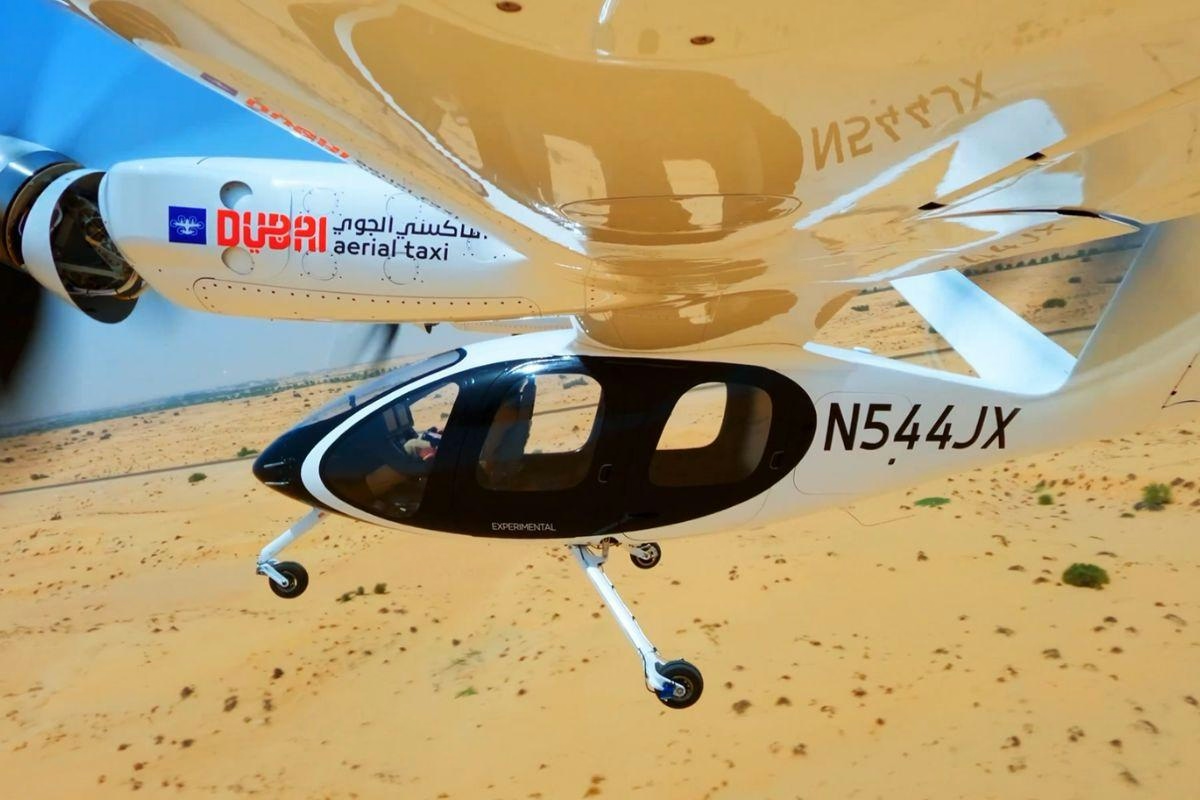
Dubai Prioritizes Public Safety Ahead of 2026 Air Taxi Launch
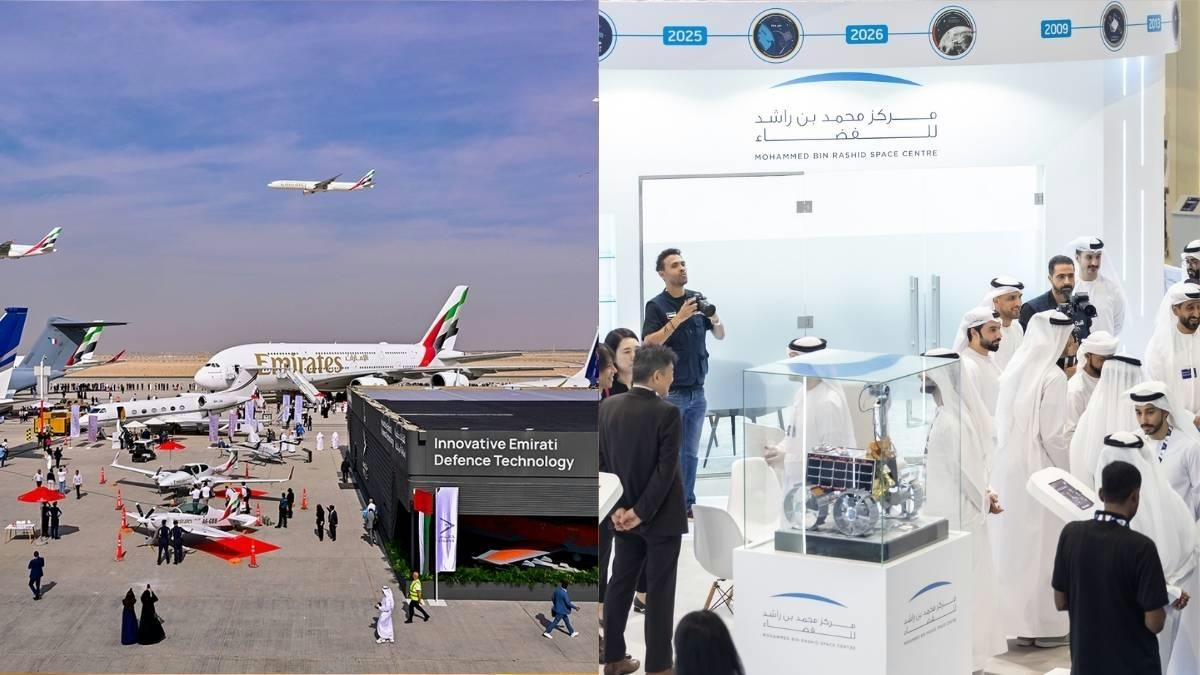
Emirates Airlines Unveils Major Initiatives at Dubai Airshow
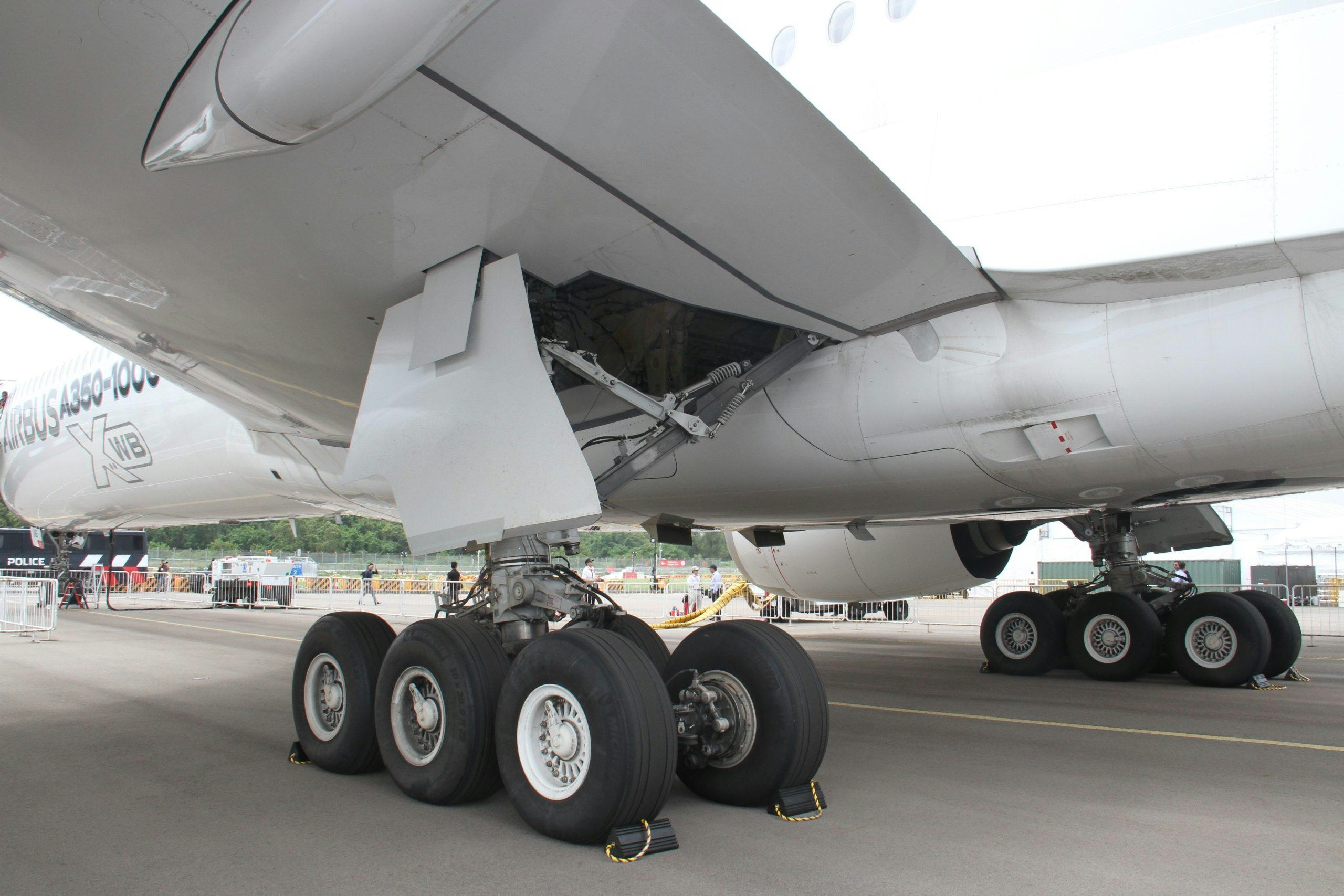
Why Airbus Markets the A350 as a Long-Range Leader
